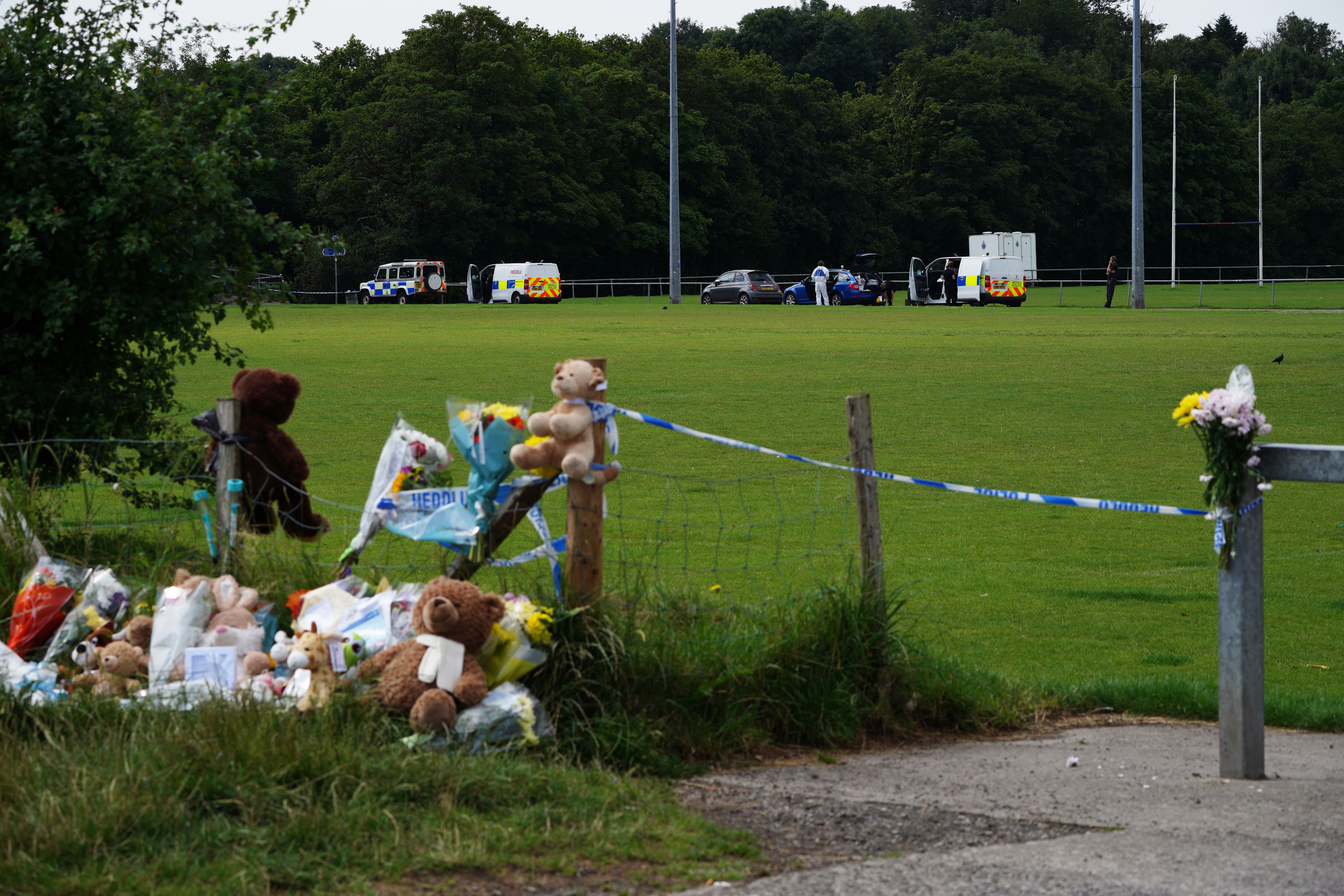Covid rules limited engagement with Logan Mwangi’s family, review finds
It said in the months before his murder, the family may have potentially used restrictions to avoid social services.

Your support helps us to tell the story
From reproductive rights to climate change to Big Tech, The Independent is on the ground when the story is developing. Whether it's investigating the financials of Elon Musk's pro-Trump PAC or producing our latest documentary, 'The A Word', which shines a light on the American women fighting for reproductive rights, we know how important it is to parse out the facts from the messaging.
At such a critical moment in US history, we need reporters on the ground. Your donation allows us to keep sending journalists to speak to both sides of the story.
The Independent is trusted by Americans across the entire political spectrum. And unlike many other quality news outlets, we choose not to lock Americans out of our reporting and analysis with paywalls. We believe quality journalism should be available to everyone, paid for by those who can afford it.
Your support makes all the difference.Covid-19 restrictions impacted the ability of healthcare professionals to deliver child protection processes, a review into the death of five-year-old Logan Mwangi has found.
Logan was murdered by his mother Angharad Williamson, 31, his stepfather John Cole, 40, and his stepbrother Craig Mulligan, 14, at his home in Sarn, Bridgend, in July last year.
A child practice review by Cwm Taf Morgannwg Safeguarding Board detailed how professionals lacked confidence in challenging the family’s “potential use” of the pandemic to limit engagement with children’s services.
Referring to areas where professionals were “significantly affected” by the pandemic, the report described: “Professionals’ lack of confidence in challenging the family’s potential use of Covid-19 anxieties and Covid-19 symptoms as a barrier to engagement with services.”
It went on to detail how Covid-19 was “a further barrier to identifying potential disguised compliance”, such as the family appearing to co-operate with professionals.
These include the family’s engagement in child protection interventions, Logan’s lack of school attendance and delays in seeking medical assistance for him.
Logan was placed on the child protection register, under the categories of physical harm and emotional abuse, in March 2021 – just months before his death.
Child protection visits took place, with some of these carried out virtually due to his family reporting periods of illness, including Covid-19 symptoms.
In May 2021, Logan was removed from the child protection register during a virtual conference as professionals no longer deemed him at risk of “significant harm”, the report states.
It describes changes to working practices – such as ceasing face-to-face meetings – during the pandemic as a barrier to “effective child protection practice”.
The report said: “Several agencies delivering intervention work did not undertake this work for significant periods during the pandemic.”
Restrictions during the pandemic “impacted on the ability of agencies to implement optimum child protection processes”, it added.
“Many of the activities normally carried out face-to-face, which are so vital to accurate assessments and decision making, had to be completed remotely.”
There was an absence of one-to-one sessions with Logan outside of his family home, caused by the pandemic and resulting pressures on child protection systems such as high levels of staff absences.
This meant there were no safe spaces for Logan to speak about what was happening to him.
“There was no knowledge of the reality of his lived experience,” the report said.
As part of a series of recommendations, Cwm Taf Morgannwg Safeguarding Board was asked to consider the recommendations of the Covid-19 public inquiry and ensure it informs future contingency planning.
The Welsh Government was also recommended to consider commissioning a national review of approaches to child protection conferences, with a “clear resetting of the process following the lifting of Covid-19 restrictions”.